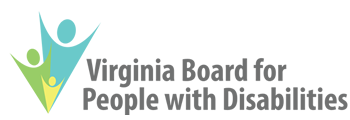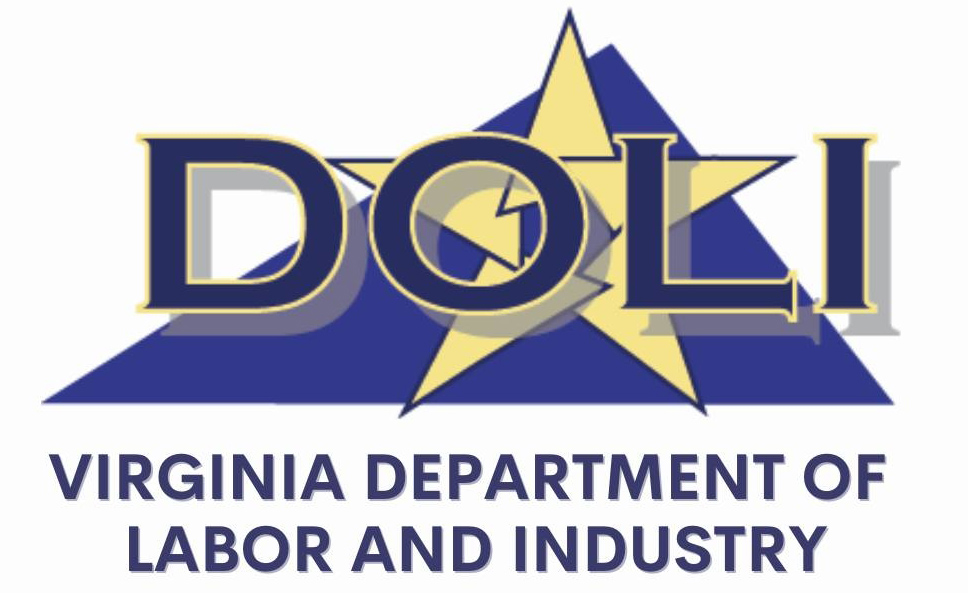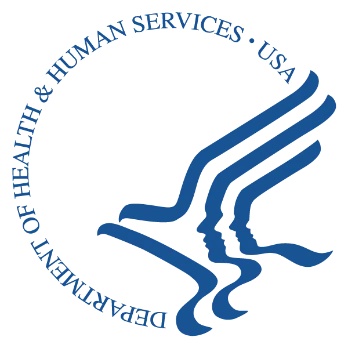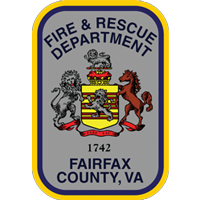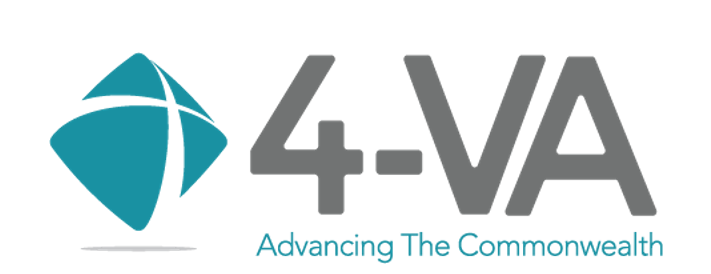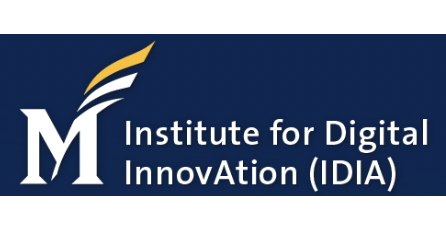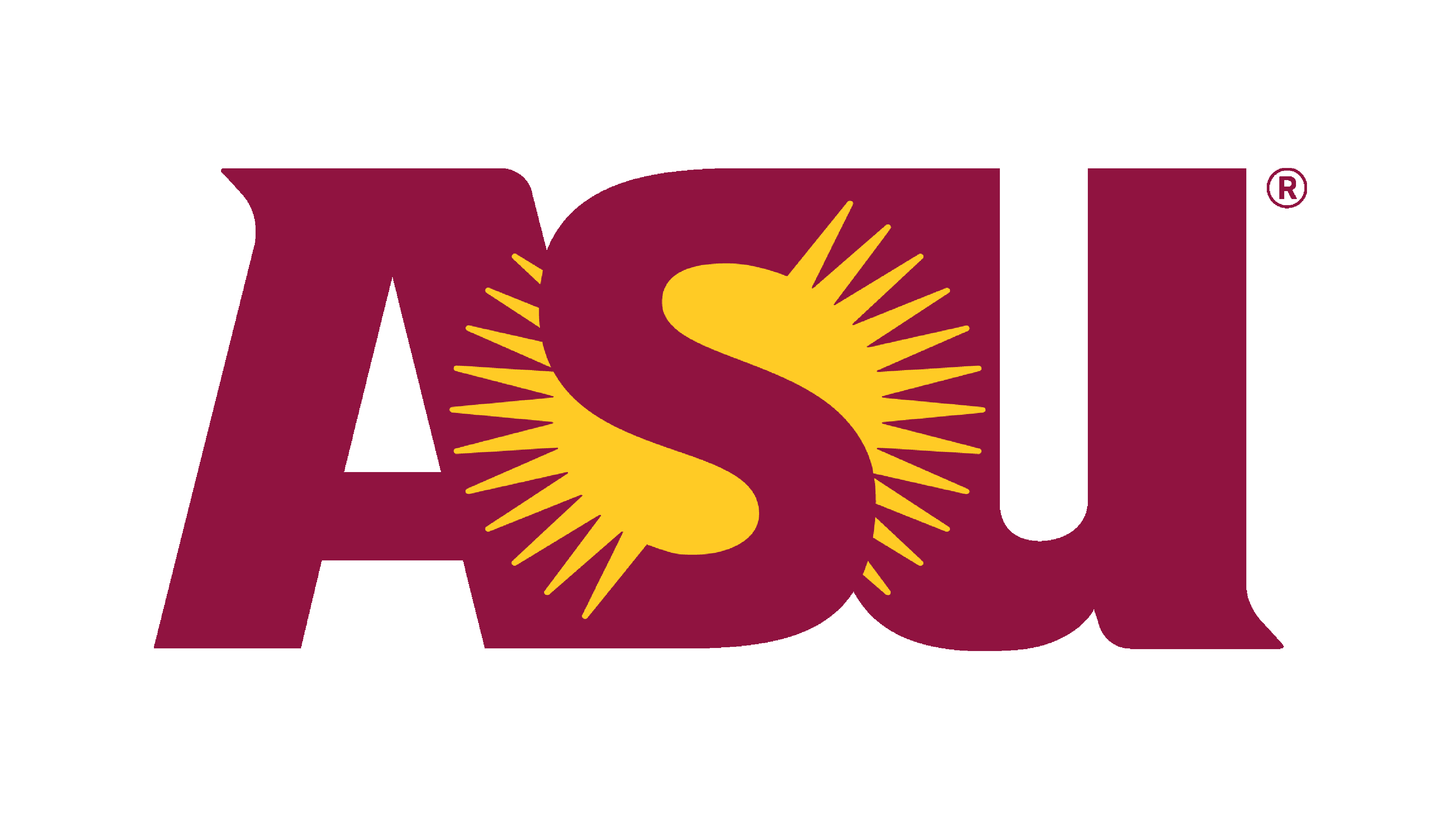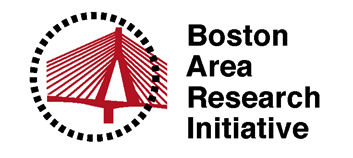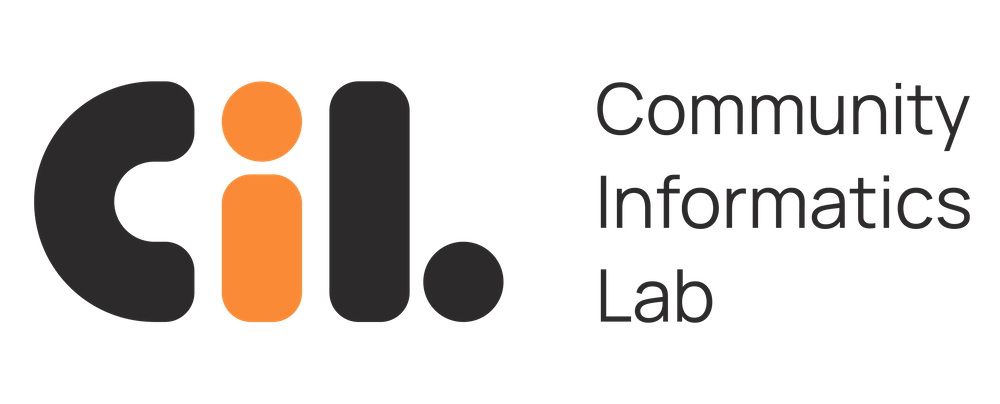Understanding the Present and Designing the Future of Risk Prediction IT in Fire Departments
On-Going
Funded

Today, much of fire departments' work focuses on community risk reduction (CRR). The CRR paradigm will leverage new data-driven risk prediction and management (DDRPM) tools to predict and respond to community risks. Yet, designing DDRPM tools to realize this vision requires a deep understanding of current work practices and the potential future impacts of such tools on labor, work, and communities. This research will develop and design new DDRPM tools that anticipate and manage various community risks to which fire departments are increasingly required to respond. We will achieve these goals by using ethnographic approaches, human-centered design methods, and the development of a sociotechnical theory of risk work. This project will directly benefit the study sites by translating research outcomes into practical insights.
NSF HCC Program (#2211360)
Collaborators: Arizona State Univ., UC Irvine, Fairfax FCFRD
Exploring How Convergence Methods Foster Shared Accountability to Reveal, Map, and Mitigate the Sources and Dynamics of Bias across Social Service Provisioning Systems
Terminated (Apr. 2025)
Funded
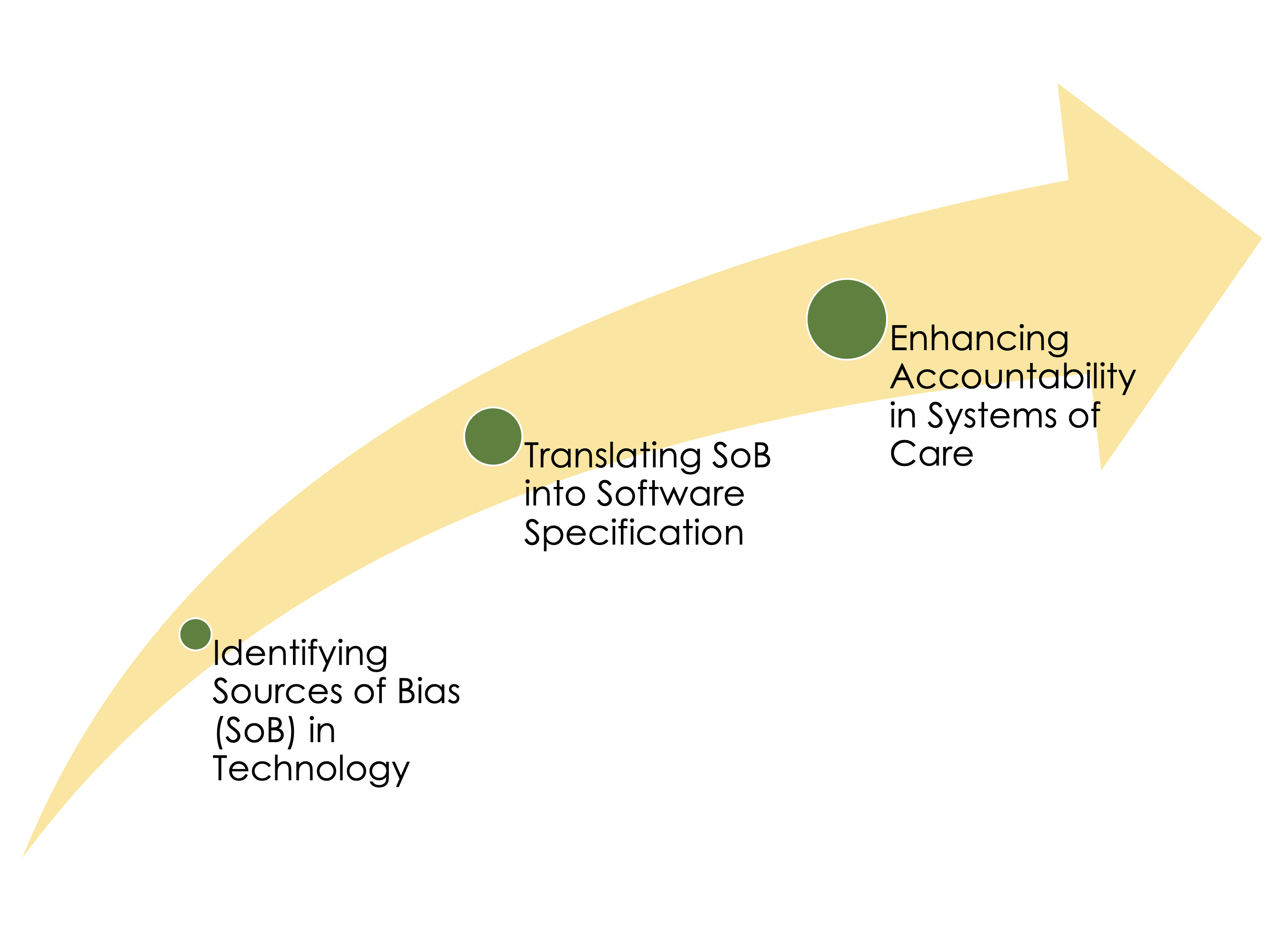
An approach to designing social services, called "systems of care," organizes services around individuals and their specific context. The goal of this project is to (1) advance accountable software systems through developing generalizable and localizable practices for exploring how to identify systemic sources of bias, (2) improve public service provisioning outcomes, and (3) minimize disparities from biased program outcomes. The project will leverage social theories, computational methods, and ethnographic approaches to translate social science findings into software practices based on a partnership with civic tech and non-profit organizations. The project outcome will enhance accountability in designing software systems that will be used as part of a larger socio-technical system of care.
NSF DASS Program (#2217706)
Collaborators: Arizona State Univ., Lifting Up, CCI NOVA
Publications: Hsu et al., 2022; Hsu et al., 2023; Lee et al., 2023
Making Information Deserts Visible: Computational Models, Disparities in Civic Technology Use, and Urban Decision Making
Ended
Funded
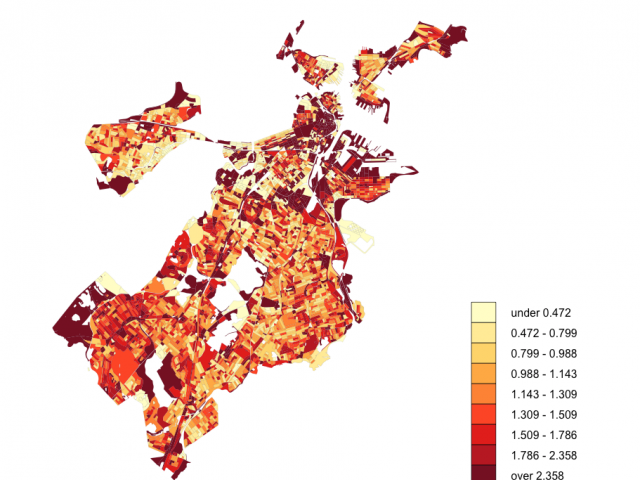
This research develops a foundational visualization tool for understanding how civic technologies are used and how information inequalities manifest in a city. By leveraging Boston's 311 data (i.e., residents' reports of non-emergency civic issues such as traffic issues), we explore how and why public services are unevenly distributed across neighborhoods, which leads to the creation of information deserts. Then, we design a visualization system that demonstrates the relationships between socio-economic factors and the information deserts of civic issues.
NSF HCC Program (#1816763)
Collaborators: Univ. of Maryland College Park, Arizona State Univ., Emerson College, City of Boston
Publications: Lee & Butler, 2019, Lee et al., 2021; Lee et al., 2020; Wang et al., 2022; Tang et al., 2022; Hsu et al., 2022
System: Boston 311 Information Deserts
Risk Work and Risk Information Seeking during a Public Health Crisis
On-Going

This project explores the socio-material dynamics of risk work and risk information seeking during public health crises. We identify the socially-constructed dimensions of how people perceive risks, and further dive into how risk information communicated through social and technological systems shapes their risk behaviors, using ethnographic approaches.
Collaborators: Arizona State Univ.
Publications: Pine et al., 2021; Shukla et al., 2022
SAFETI: Strategic Analysis for Fine-granular Injury and Fatality PrEvenTion Insight
On-Going
Funded

SAFETI is the first Mason–DOLI Innovation Lab initiative that turns more than 15 years of detailed Virginia workplace-accident records into forward-looking, preventive insights. Using predictive models, the computational approach developed for SAFETI estimates the likelihood of a fatality occurring within a specific time frame and sector, along with its associated probability. This shift from reactive to preventive measures is enabled by advanced spatio-temporal and predictive analytics. By replacing after-the-fact investigations with proactive, data-guided interventions, SAFETI lays the groundwork for regulators, employers, and researchers to target inspections, refine safety practices, and explore new solution spaces that keep Virginia’s workers safer.
Virginia Department of Labor and Industry (VDOLI)
Collaborators: VDOLI, Mason-DOLI Innovation Lab
Mapping Information Ecology: Understanding the Fragmentation of Disability Service Information
Ended
Funded
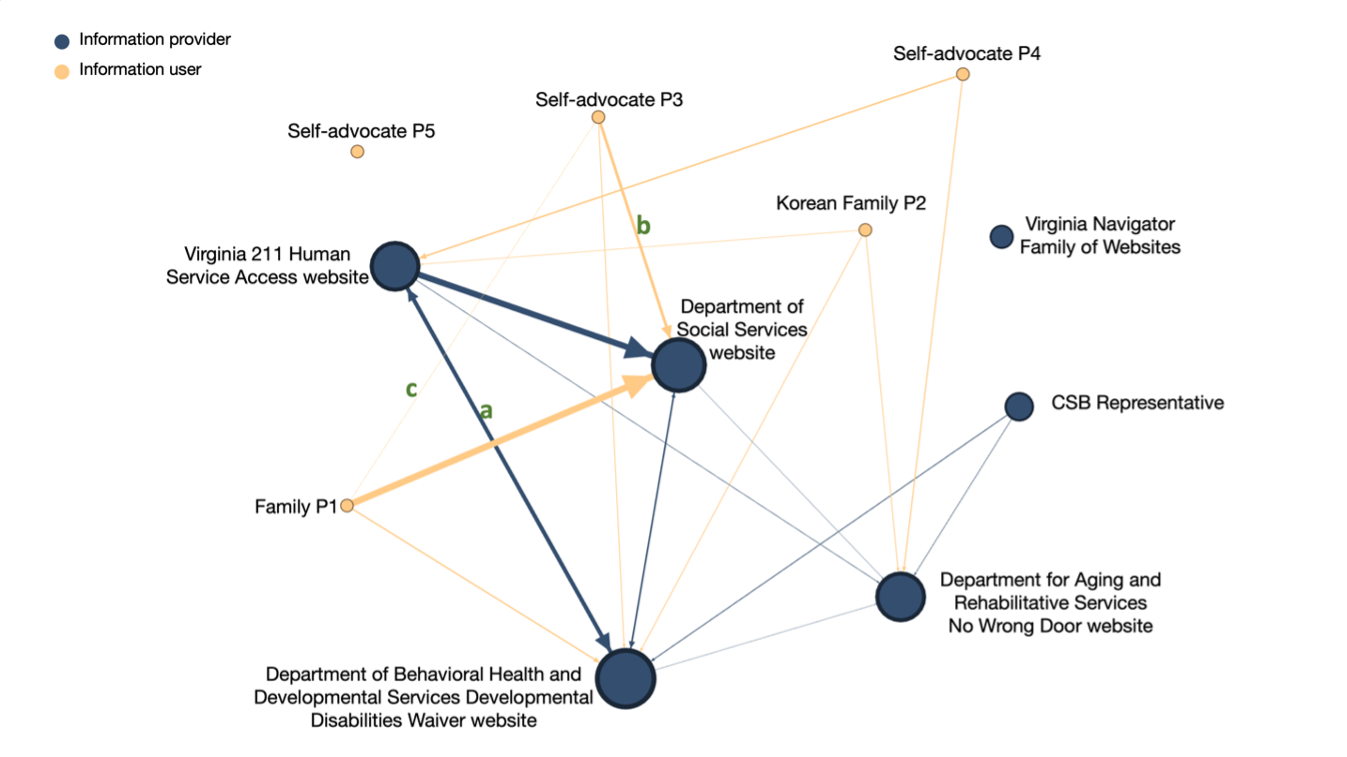
Organizations and individuals provide information to multiple systems. These information practices shaped separately by different actors lead to fragmented information, especially in disability services. The complex interactions between actors and systems make it difficult for information managers to understand the flow of information. Our research will focus on Medicaid services for people with developmental disabilities in Virginia, aiming to provide a comprehensive understanding of the information ecology. We will identify information providers' key challenges in serving the target population and provide recommendations for improving information accessibility. By doing so, we hope to help people with disabilities and their families who currently bear the burden of navigating multiple sources to access necessary information.
Virginia Board for People with Disabilities (VBPD) & U.S. Department of Health and Human Services (DHHS) (#GMU-3-2023)
Collaborators: VBPD, Arizona State Univ.
AI for AI: Toward Community-level Human-AI Collaborations in Local Meetups
Ended
Funded

Artificial intelligence (AI) is increasingly playing more active roles than ever on Event-based Social Network (EBSN) platforms and is expected to alter local dynamics at scale. This pilot project aims to uncover how human-AI collaboration happens at the community level by implementing and simulating machine learning algorithms at the ecological level using local gathering data from Meetup.com.
4VA @Mason
Collaborators: Virginia Tech, GMU College of Science
Publications: Hsu et al., 2023
Remapping Southside Community: Storytelling Urban Renewal Impact
On-Going
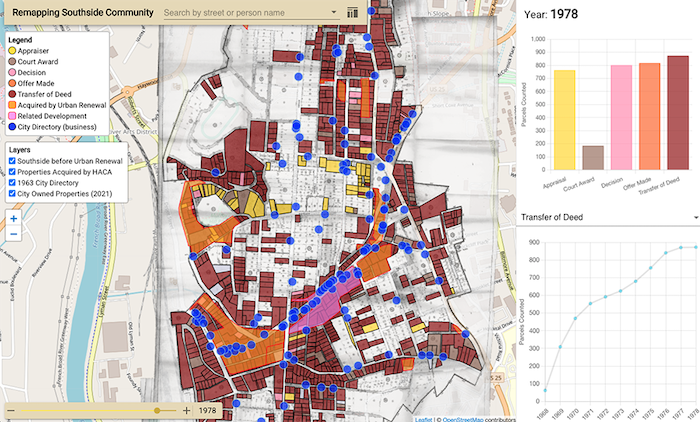
This project builds a map-based archival platform that presents property acquisition documents of the City of Asheville, North Carolina, from the urban renewal in the 1960s and '70s. The platform focuses on the searchability and navigability of the digitized archival collection, so former residents, archivists, researchers, and citizens can access necessary information better. This platform ultimately reconstructs a virtual neighborhood where people can share their memories and tell stories. This project leverages computational methods for curating historical data, GIS technologies for dynamic visualization, and value-sensitive design for designing the system.
Support by UMD iSchool RIG-II, GMU CAHMP
Collaborators: Univ. of Maryland College Park, Asheville Community
Publications: Lee et al., 2017; Lee et al., 2018; Lee et al., 2021
System: Remapping Southside Community
A Visualization Tool and Assessment Framework for Civic Technology Use in the DMV Area: The Case of 311 Systems During the COVID-19 Outbreak
Ended
Funded (Planning)
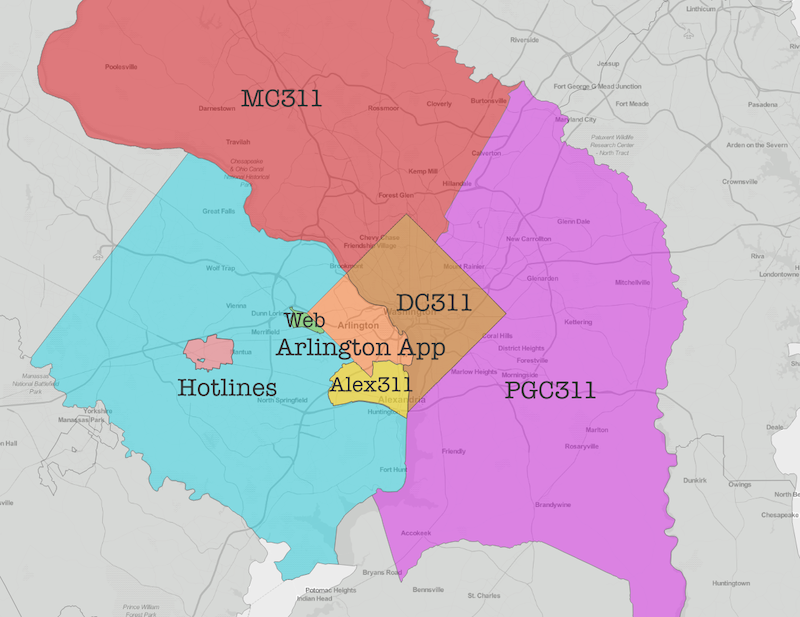
During a global pandemic, many jurisdictions have used civic technologies such as 311 systems to manage non-emergency issues such as the violation of mask mandates. While civic issues that residents need to communicate are similar across the regions, jurisdictions' imposed communication methods vary significantly due to their policies, legacy systems, and institutional logics. By working with our community partner, Connected DMV, this planning project aims to understand how local governments in the D.C. area implement communication technologies during a crisis, and how people reappropriate the systems. Ultimately, this project seeks to suggest a regional technology strategy to cope with regional issues such as pandemics.
NSF CIVIC Innovation Challenge Stage 1 (#2043900)
Collaborators: Univ. of Maryland College Park, Arizona State Univ., Connected DMV
Acknowledgments
The presented projects are based on multi-institutional collaboration. Other than the major projects presented above, there are other projects that are either short-term or under exploration. If interested, please contact the CIL members to explore more about possible projects at the intersection of civic technology, local information, and socio-technical systems.
We thank the sponsors, collaborators, and community members who have made this research program possible.

